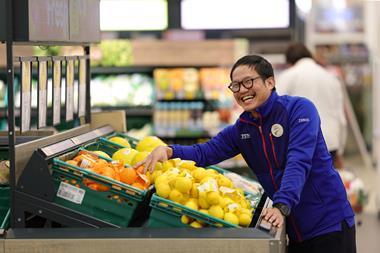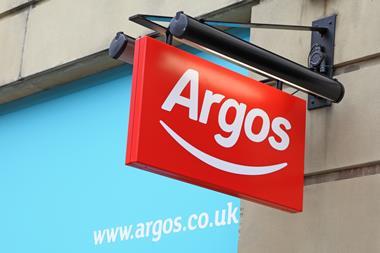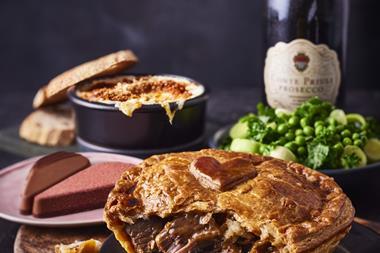As Roy Hodgson will know, you don’t get much time these days to get things right when you’re at the top.
For Tesco boss Philip Clarke the scrutiny is perhaps even more severe. Unlike England’s football team, Tesco has a history of winning, of inspirational leadership and of topping the expectations of a demanding public.
Clarke, who began his career stacking shelves at a Liverpool Tesco store in 1974, when Hodgson was carving out a living as a jobbing defender for Carshalton Athletic, had the daunting task of following the formidable Sir Terry Leahy. He is also battling the short-termism of today’s digital media environment, which makes turning around a struggling supertanker like Tesco all the more pressured.
As Clarke points out, today’s first-quarter results - the first in his second financial year in charge and, therefore, seen by many as the most significant comparison yet on which to judge his leadership - are actually pretty much in line with expectations.
The vast majority of the £1bn ‘kitchen sink’ has not yet left his hand. Only in the past few weeks have the promised extra staff been arriving in many stores. The re-launched Everyday Value range has barely touched the shelves. And Tesco has not even had a chance to include record takings during the Jubilee in its figures.
Clarke can also show tangible improvements, including the retailer’s performance at the recent Grocer Awards, where Tesco won 28 awards for food and drink products - more than any other retailer, as Tesco itself pointed out while unveiling the results.
But with signs that even Tesco’s buccaneering international operation is starting to splutter, Clarke is facing fresh questions over the perceived lack of a long-term strategy - and those are harder to shake.
Clarke’s six-point plan is by its nature not a quick fix but today’s market demands results and visionary management who get the PR message spot on. Speaking to The Grocer this week, to coincide with his new book, Management in 10 Words, Leahy admits that the goalposts have shifted significantly since he first took the helm.
“When I was appointed we didn’t have online, the international businesses, hypermarkets, non-food, the bank,” he says.
Clarke is facing up to all of those challenges, while hoping he is given enough time by his critics - and, more importantly, Tesco’s shareholders - to see his vision take shape.
Compared to all that, getting England’s footballers to string a few passes together at the 2014 World Cup might not seem such a daunting rebuilding job for Hodgson after all.



















No comments yet